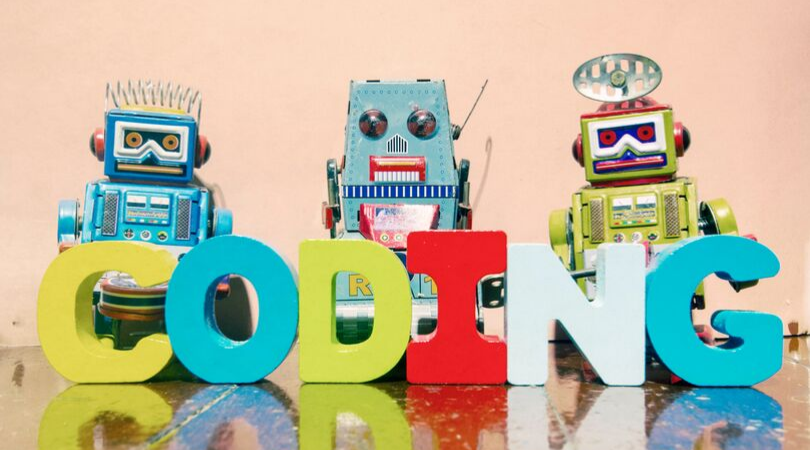
In the world of software, good code is a necessity, and great code can make the difference between a startup succeeding and failing. But how do you protect coding innovations that may be novel or unique?
Intellectual property law, or IP law, is the main legalistic framework that can answer many of those questions and more. Any business, and perhaps more crucially, any individual coder, should be aware of their options when it comes to maintaining the rights to their work. Here, we delve into some of the most important things to know about IP law and coding.
Where Does Intellectual Property Apply?
Intellectual property refers to intangible things that one can own. This can include the rights to a specific brand logo, a unique way of solving a software problem, or even composition.
There are four different types of intellectual property:
1. Copyrights, which cover anything legally termed “art,” i.e. songs, poems, paintings, etc.
2. Patents, which cover inventions, and enable a temporary monopoly on their production.
3. Trademarks, which deal with brand-related matters such as logos, catchphrases, and other things that can help consumers identify a company.
4. Trade Secrets, which, as their name implies, are any secrets or concepts that can give a business a competitive edge over another.
So as a coder, which of these are important to your work?
Can I Patent My Code?
Software-related IP law can oftentimes be more tricky to figure out than IP law related to physical inventions because the concept of code and software itself is still relatively new.
Let’s say you come up with a much better, more efficient piece of code to perform a certain task that many other companies already perform. What domain of intellectual property would apply in this case?
For starters, you might be tempted to patent your idea. However, this would not work, for several reasons. The function of your code would fall under the “utility patent” umbrella, which covers the actual use and utility of an invention. Since other companies are already performing similar functions, just getting there in a different way, your utility would not be unique and novel, and therefore cannot be patented.
So what is a viable option?
Copyrighting Code
Since you cannot patent the function of your code if it isn’t novel, what can you do about your new, more efficient process? It turns out that the code itself, not merely its function, has an important place in IP law.
Coding is a creative endeavor; therefore, it can be considered art just as much as a symphony or a book might be. It’s no coincidence that we refer to “writing” code. Given this aspect, you should probably copyright your work, right?
Wrong (maybe). Oftentimes, it is much more valuable to keep your code to yourself, especially the more unique your new process is. By copyrighting your code, you would make it publicly available. Even though you would have sole marketing rights in certain areas, other programmers would now know your secret, and could potentially build off that to enrich themselves.
J.D. Houvener, a Houston Patent Attorney, describes it this way:
“Really unique and effective code isn’t easy to make. I’ve spoken with many a programmer who has been tempted to copyright their work, partly because they want to show the world this new trick they came up with. But copyright is a one-way street: once you show people your secrets, they lose their novelty. Of course, for a coding technique that could be broadly applied to many industries and isn’t crucial to an employer, copyrighting is always an option, but the decision is a big one and should be approached with care!”
Code as a Trade Secret
Given all of this, treating your code as a trade secret may be your best bet. Remember, trade secrets are anything confidential that give a business a competitive edge. For code that accomplishes a task much more accurately or efficiently due to its ingenuity, that definition fits perfectly.
A lot of the time, the benefits from being able to be the best in your field due to great coding are much greater than what you would stand to gain if you bring your code to market and license or sell it. It’s always possible to “declassify” later on and bring your code into the public eye.
Filing your code as a trade secret gives you legal ammunition in case someone were to steal your code and use it for themselves, even with small tweaks and edits. Remember to do this as quickly as possible, and consult with a qualified IP law attorney.
In Summary
Intellectual property law is a crucial legal field to get familiar with the software industry. Coding is an art form and is not a skill that everyone has.
With any skill that requires ingenuity and creativity, IP law tends to get involved more, given the intellectual nature of the work. Remember to get well-informed on your options before sharing your code with anyone; you don’t want to give up something valuable for free!
Hopefully, this article helped explain some of the legal nuances that might affect you when it comes to coding. For more, visit our blog!
Host your Django application for free.
This guest post was written by Tori Lutz.